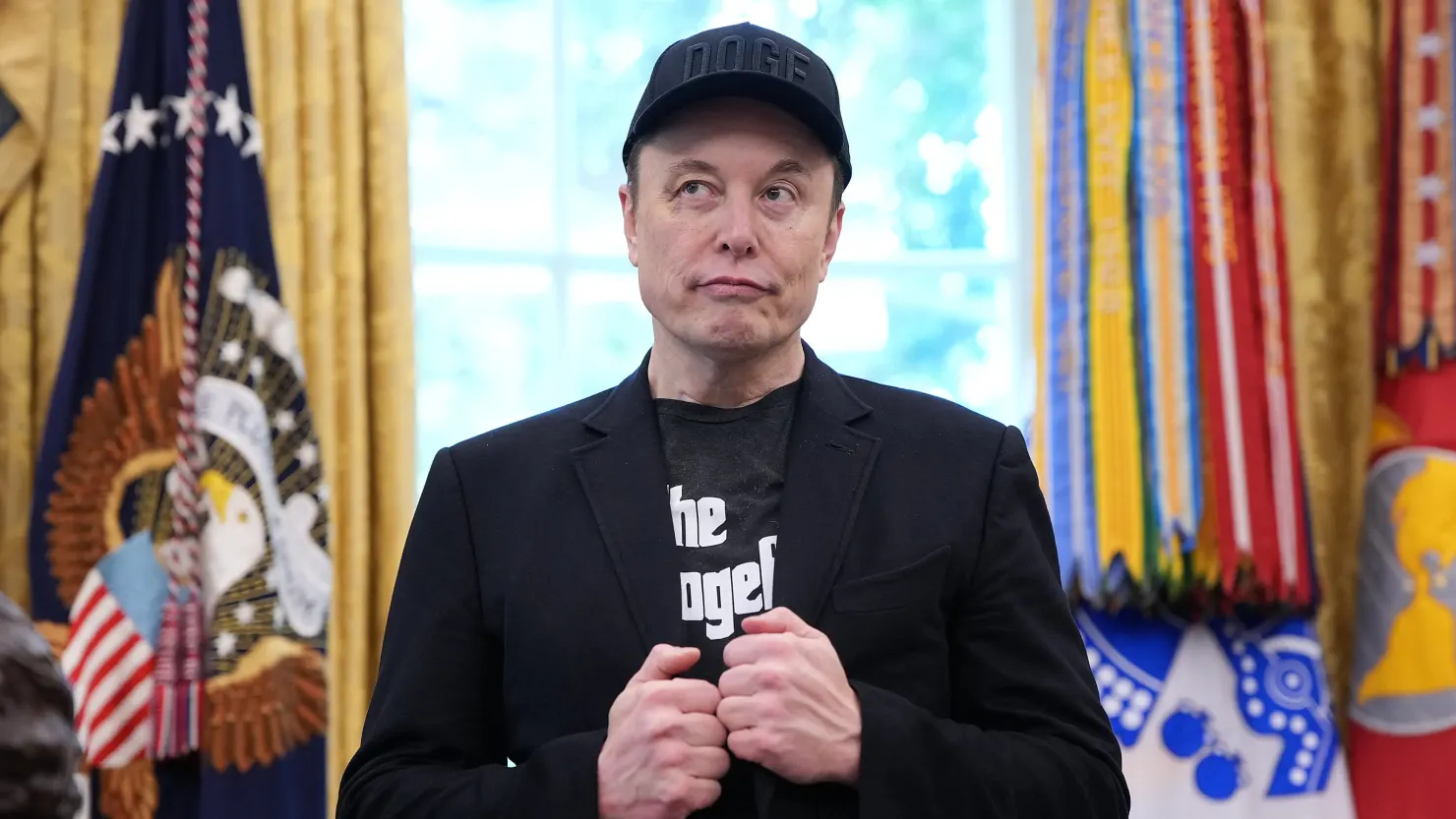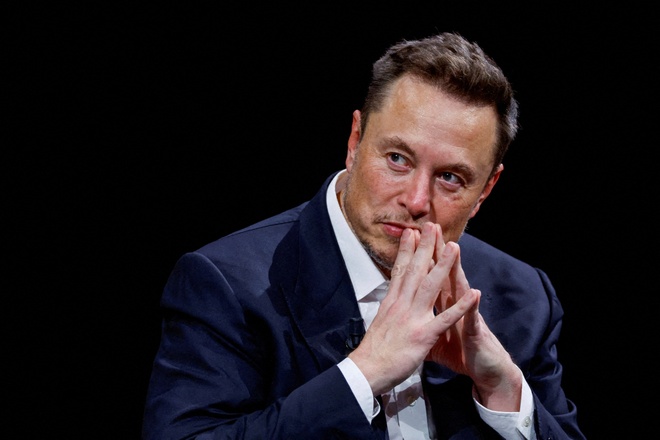Elon Musk’s $1 Trillion Pay Package: The Bold Bet That Could Redefine Capitalism
In a move that’s sending shockwaves through Wall Street and the global financial community, Tesla’s board of directors has reportedly proposed a pay package so massive it defies precedent: a staggering $1 trillion compensation plan for CEO Elon Musk. If approved, it would not only mark the largest executive compensation deal in history but could also make Musk the world’s first-ever trillionaire — a title that feels as much science fiction as it does financial reality.
According to insiders close to the discussions, the deal is tied to a new set of aggressive performance milestones, including Tesla’s expansion into emerging global markets, breakthroughs in autonomous driving technology, and large-scale growth in the company’s clean energy and artificial intelligence divisions. The proposal, still under review, is said to represent a renewed vote of confidence in Musk’s vision — and a belief that he remains the single most crucial figure in Tesla’s continued dominance of the EV and tech frontier.
Supporters of the plan argue that Musk has earned every dollar. Over the past decade, Tesla has evolved from a high-risk Silicon Valley startup into one of the world’s most valuable companies — a brand synonymous with innovation, disruption, and relentless ambition. Under Musk’s leadership, Tesla didn’t just build cars; it built an ecosystem — spanning solar energy, home battery storage, and now, cutting-edge artificial intelligence. His other ventures, including SpaceX and xAI, have further blurred the lines between sectors, redefining what’s possible for technology-driven companies in the 21st century.
“People forget that Musk’s success isn’t just about Tesla’s stock price — it’s about creating entire industries,” said one investor familiar with the proposal. “He’s changed transportation, energy, and even how we think about the future of life on Earth and beyond. If anyone deserves a trillion-dollar target, it’s him.”
But not everyone is celebrating. Critics warn that such a historic payday risks deepening the divide between the ultra-wealthy and the average worker — especially in a time when concerns over executive compensation, wage inequality, and corporate responsibility are more heated than ever. Some economists have called the proposed deal “tone-deaf,” pointing to the growing struggles of middle- and lower-income households amid inflation and rising costs of living.
“There’s a real danger here,” cautioned one Wall Street analyst. “A trillion-dollar package might symbolize innovation and success, but it could also become the ultimate emblem of imbalance — the idea that a single individual’s financial worth could eclipse the economies of entire nations.”

Even within Tesla’s own ecosystem, the news has sparked debate. Employees and shareholders alike have expressed mixed feelings — admiration for Musk’s achievements, tempered by concerns over fairness and optics. The company, known for its high standards and performance-driven culture, now faces the challenge of framing this proposal not as excess, but as incentive — a way to push boundaries and deliver on Musk’s famously ambitious promises.
Adding a twist to the unfolding story, sources say Musk appeared “calm but proud” when informed of the proposal, reportedly hinting that he might even decline parts of the deal “for principle.” Such a move wouldn’t be entirely out of character. The Tesla CEO has previously emphasized that his wealth is tied almost entirely to the company’s success, often receiving compensation packages based on performance rather than fixed salaries. If Musk were to turn down a portion of the offer, it could reinforce his image as a visionary driven by purpose rather than profit — though skeptics might see it as a calculated PR maneuver.
From a business perspective, the $1 trillion figure may not be as far-fetched as it seems. Tesla’s valuation, while fluctuating in recent years, has consistently demonstrated the company’s ability to rebound and expand. Analysts note that if Tesla’s upcoming ventures in robotaxis, energy storage, and AI robotics perform even modestly well, the company’s market cap could soar to levels once deemed unimaginable. In that context, Musk’s payout could be seen not as a gift, but as a bet on the future — one that rewards success on a planetary scale.
Yet, beneath the headlines and the staggering numbers, this proposal raises a deeper question about the nature of capitalism itself. What does it mean when one individual can theoretically hold a trillion-dollar valuation? Does it symbolize human potential — or the dangers of an economic system increasingly defined by extremes?

As the world watches Tesla’s next move, one thing is clear: this isn’t just a story about money. It’s a story about ambition, innovation, and the ever-evolving relationship between genius and greed. Whether the proposed deal is ultimately approved or scaled back, it has already succeeded in doing what Elon Musk has always done best — forcing the world to imagine something bigger.
If the board gives the green light, Musk’s new pay package could officially rewrite the limits of modern capitalism, setting a benchmark that may never be matched again. And for better or worse, it would once more prove that in Elon Musk’s universe, impossible is only the beginning.